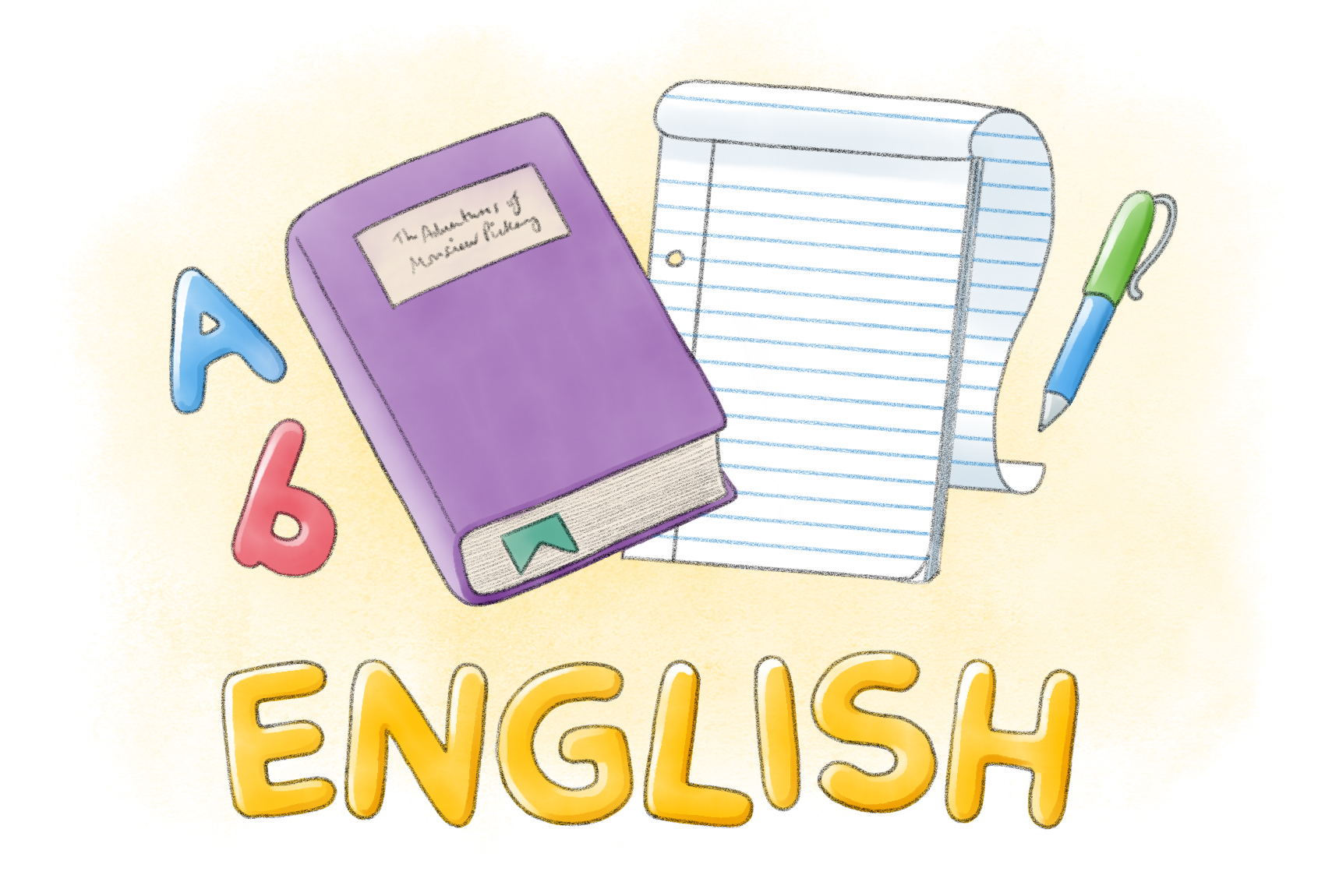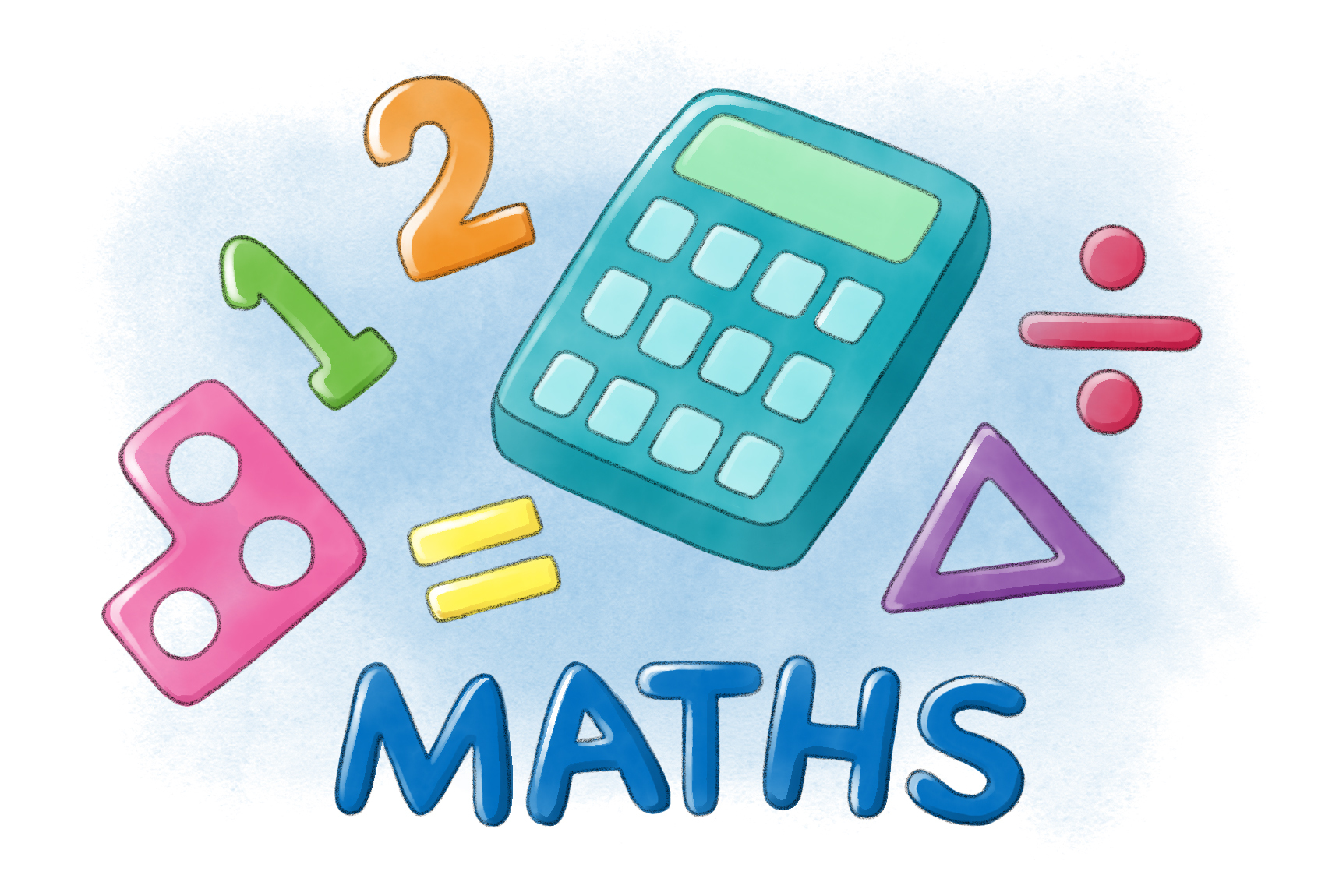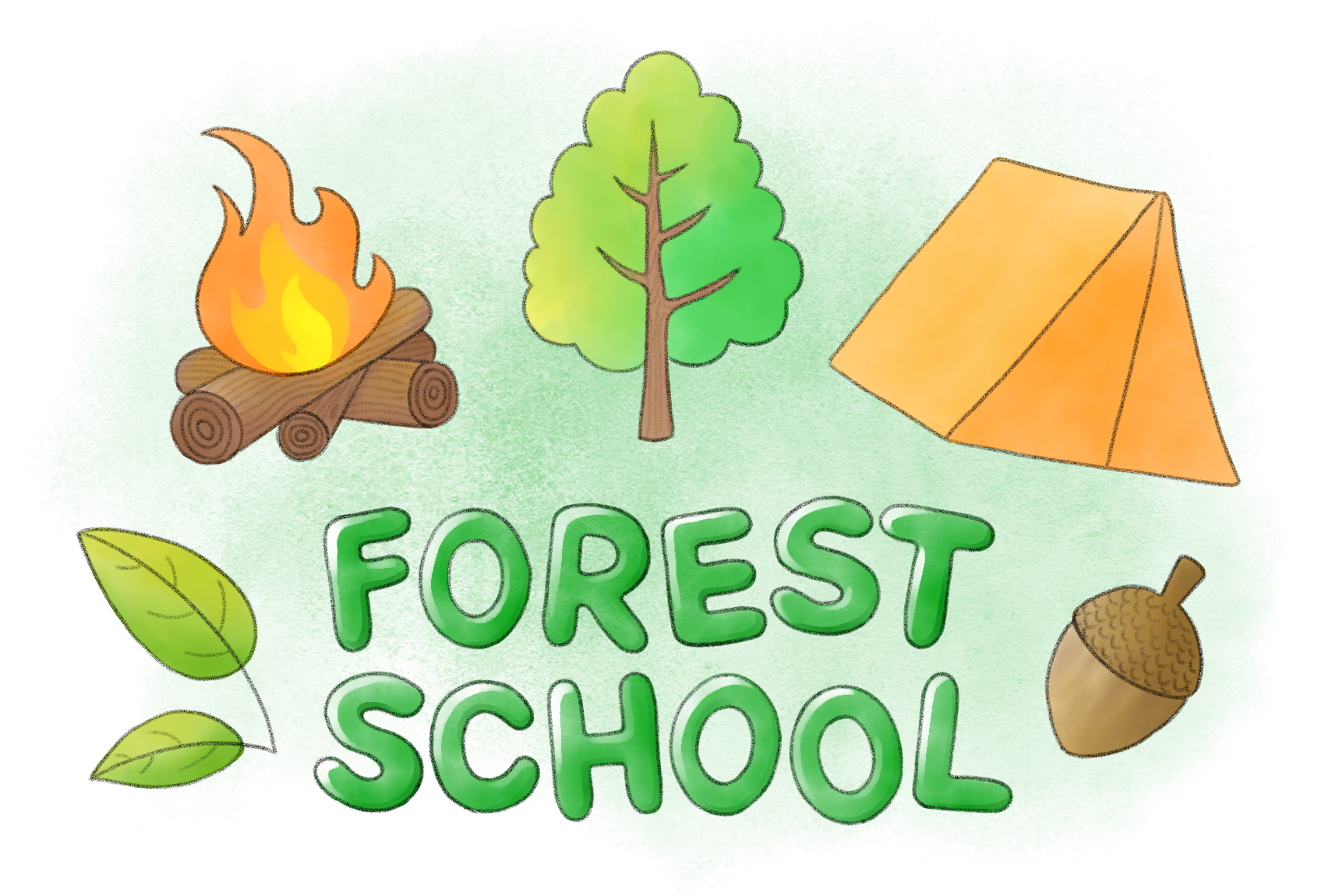Early Years Foundation Stage
What do we want our children in EYFS to learn?
Like all other areas of our school, staff constantly refine and adjust the provision and their practice to ensure that it fully meets our children’s learning and developmental needs.
We recognise that each child is unique so their learning primarily is based around their own interests as well as through a topic based approach. We have created a curriculum which enables the Early Learning Goals to be met which is rooted within our local area so that children start their learning with themselves and what they already are familiar with. Topics are planned termly in response to either
- a class interest
- an event happening in the area or world;
- a topic being taught within the rest of the school.
All topics, in line with the provision throughout the rest of the school, has a high quality text attached to it.
Throughout the day, provision is freely accessed both indoors and outdoors in line with the Early Years statutory framework. Here is a link to this document. Early Years Statutory Framework
The Early Years Framework
The Early Years framework begins at birth and ends at the end of the Foundation Stage year (aged 5). It is expected that by the end of this year, all children will have achieved the Early Learning Goals set out within the framework so that they are fully prepared to begin the National Curriculum in Y1. This continues until the end of the Primary phase.

The Characteristics of Effective Learning describe behaviours children use in order to learn and are the overarching principles used in practice.
The areas of learning are split into Prime areas and Specific areas. The Prime areas are the most important and underpin all other areas of learning.
This is explained in further detail when you visit the school and staff are happy to answer any questions about it.

Learning in Y1
Learning in Y1 is play based and accessed through continuous provision. Learning is differentiated through weekly Challenges set by staff which reinforce prior learning and/or reflect a topic being taught. However, all children are split up for direct teaching in Phonics and Maths as soon as they start school. Each term, Y1 pupils gradually experience more time away from the provision and are taught separately for aspects of topics in line with the Y1 curriculum. We also introduce books as a means of recording and lessons increase in length gradually so that by the time they reach the end of the summer term in Y1, they are ready to make the transition into our Y2/3 class.
We hope you enjoy looking at a snapshot of our provision by clicking on the link above.
What does a typical day look like?
Everyday is unique. However a typical day involves the children on arrival at school, self registering and filling up their water bottles before accessing the continuous provision areas. All children have free access to water and a range of fruit throughout the day. They have their own toilet facilities which again, they can access freely at any time.
During the day, all children have receive direct teaching in Phonics and Maths lessons.
We follow the Little Wandle Phonics Programme. For further information, please see the Reading page listed at the bottom of this page as well as the link below.
We have written a bespoke maths curriculum which is based upon the White Rose small steps but incorporates Number Fun. This is a resource which is a powerful and unique combination of visualisation, animation, story, vocabulary, song and humour that engages children in deep learning experiences through active, creative and practical mathematics. Please see the link to our Maths page at the bottom of this page for further information.
If you click on this link, the video explains the key concepts taught in Foundation Stage as well as shows some strategies for how we do this.
Key maths ideas in Foundation Stage
Our outdoor continuous provision area includes; a woodwork area, a covered area used for mark making, painting, printing, clay and modelling. A creative area, large construction, a garden area, mud kitchen, a walk in sand pit, water play, outside stage with dressing up and instruments, a play house and lots of trikes and bikes!
Our indoor provision includes a baking area, reading, sewing, challenge areas, junk modelling, ipads, small world play and specific Y1/foundation stage construction.
Writing opportunities are interwoven into all areas as well as children accessing a full range of books. Story time is timetabled every day. The books read to children are from topics, the Pie Corbett reading spine, the children’s own books or tailored to issues relating to the children’s Personal Social and Emotional development.
PE day for the whole school is Friday. EYFS/Y1 children join in with this.
We facilitate independent learning as a large focus within our curriculum across the whole school. In EYFS/Y1 this happens through engaging learning experiences which encourage children to ask questions. Staff often work individually with them to support them to explore possible answers through using a variety of resources such as books, Ipads and a trial and error approach. The power of making a mistake enables great learning to happen.
Before children bake, create and construct they complete a relevant design sheet. This is evaluated in line with the Plan-Do-Review approach adopted by the rest of the school.
Another example of independent skills being facilitated is through Toast Thursday. Children choose and pay for items from a menu which they then prepare for themselves.

How do you know your child is making progress?
On entry to school, all children in EYFS undertake a baseline assessment. This helps staff to tailor learning to enable children to achieve the Early Learning Goals. At the end of the year, staff complete the EYFS profile and this information is shared with parents.
Staff have focus children which they observe closely and collect evidence against the statutory framework. This is shared with parents who are invited into school for a 1:1 consultations.
Children in Y1 have termly parents consultations in line with the rest of the school.
We have an open door policy and staff and parents regularly discuss children and their progress all the time. Please come in and chat to the class teacher if you have any concerns or issues.
Wider Opportunities
For EYFS children, we invite parents to a ‘Play and Stay’ morning in the Autumn and Summer Terms. This is an opportunity to see what your child does during the day.
We host a parents information meeting about the teaching of reading and how we teach phonics in the first few weeks after your child starts school.
In the spring term, all children in EYFS/Y1 attend 6 days of Forest school based in a local wood and led by our Forest School instructor, Sally Wolfe. Please see the link below for further details.
-
Key Information
Including- Term dates; Admissions; Wraparound Care; Lunches; Uniform; Music Tuition; Cool Milk; SEND; Starting School; Safeguarding Concerns; Financial Support
-
English- Reading, Writing, Speaking & Listening and Spelling.
English- Reading, Writing, Spelling and Speaking & Listening
-
Mathematics
‘Pure mathematics is, in its way, the poetry of logical ideas.’ Albert Einstein
-
Forest School
Using the outdoor environment to learn
-
Starting at our school
Welcome to our school!
-
Early Years Foundation Stage Baseline Assessment
Baseline Assessment





